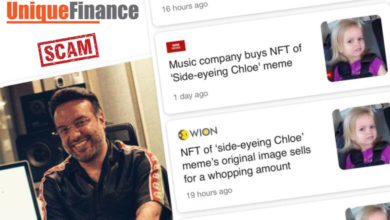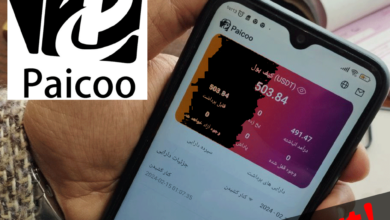Comprehensive Analysis of Q-Vision: A Potential Ponzi Scheme
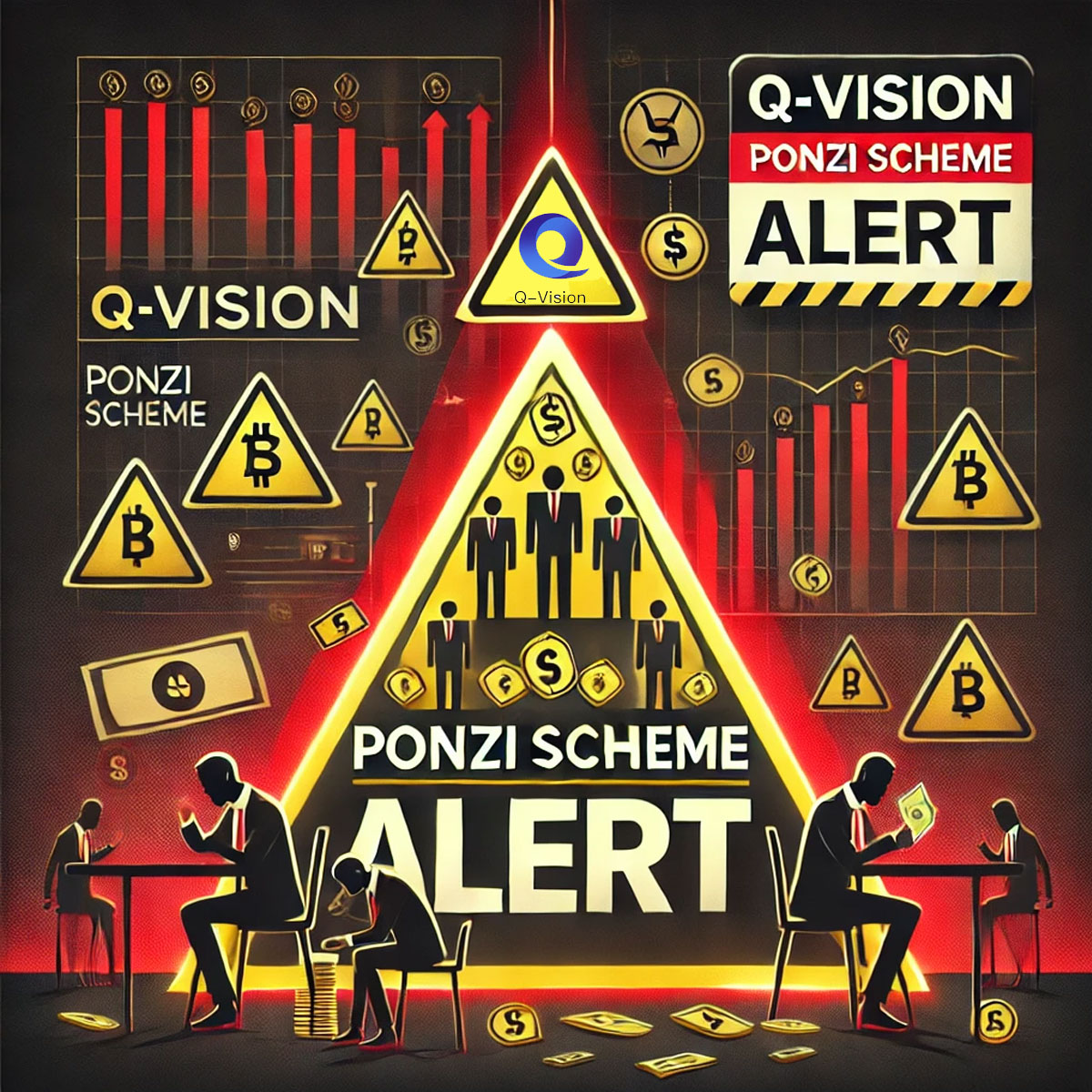
Comprehensive Analysis of Q-Vision: A Potential Ponzi Scheme
Q-Vision, a company claiming to provide users with opportunities to earn money through online tasks, exhibits significant warning signs of operating as a Ponzi or pyramid scheme. This analysis delves into the red flags associated with Q-Vision, backed by ScamMinder’s evaluation, and highlights its troubling prevalence in specific regions.
1. Unrealistic Promises of Easy Income
Claims: Q-Vision promotes itself as a platform where users can earn substantial income by performing simple tasks such as liking and viewing videos on platforms like YouTube, TikTok, and Facebook.
Why It’s Suspicious:
- Lack of Transparency: Q-Vision fails to explain how these activities generate revenue. Legitimate businesses typically outline their income streams, such as ad partnerships, while Q-Vision relies on vague claims to attract users.
- Overstated Earnings: Promising high rewards for minimal effort is a hallmark of fraudulent schemes targeting individuals seeking easy money.
2. Multi-Level Membership Fees
Membership Structure: To join, Q-Vision requires participants to pay significant amounts in cryptocurrency (USDT) to access various tiers. Fees range from $90 to $23,000.
Concerns:
- Pyramid Scheme Dynamics: The payout structure is heavily reliant on recruiting new members, a hallmark of pyramid schemes. These models are unsustainable and collapse when recruitment slows.
- No Tangible Product or Service: Unlike legitimate businesses, Q-Vision offers no real product or service. Earnings are derived solely from new recruits, not from any operational or business activity.
3. Lack of Transparency in Ownership
What’s Missing: Q-Vision provides no information about its owners or management team. This anonymity makes it impossible to verify the credibility or legitimacy of those running the company.
Why This Matters: Legitimate companies openly share information about their leadership to build trust. Fraudulent schemes, on the other hand, obscure their ownership to avoid accountability and legal repercussions.
4. Registration in the United Kingdom
Claimed Legitimacy: Q-Vision emphasizes its registration in the UK to project an image of credibility and legality.
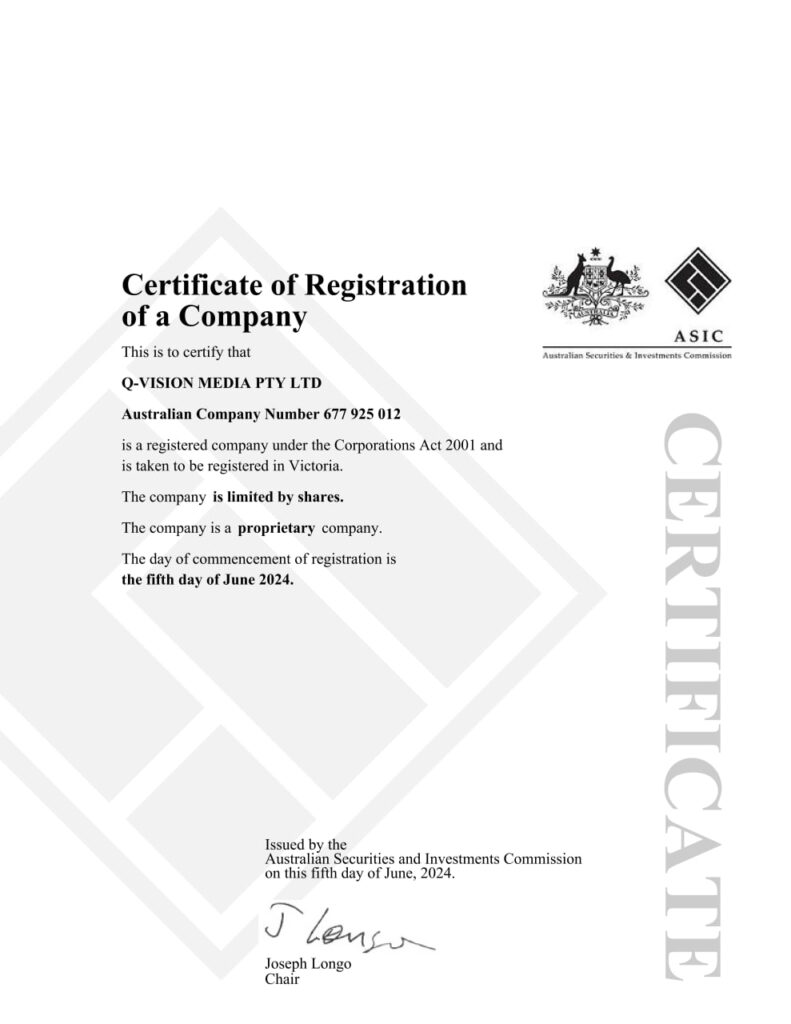
Reality Check:
- Ease of Registration: Registering a company in the UK is straightforward and inexpensive, allowing scammers to exploit this system using fake or incomplete information.
- Not a Guarantee of Legitimacy: UK registration alone does not indicate ethical or lawful operations. It merely fulfills administrative requirements without rigorous scrutiny.
5. Use of Philanthropy as a Marketing Strategy
What They Do: Q-Vision prominently showcases charity work, such as donations to the needy, with its logo displayed during events.



Why It’s Misleading: These activities create a positive public image but often serve as a distraction from questionable business practices. Without transparent financial reporting, it’s unclear whether these funds come from genuine profits or from money taken from new recruits.
6. ScamMinder’s Findings
About ScamMinder: ScamMinder is an online platform that evaluates websites for legitimacy and risk, providing users with scam scores based on domain analysis and operational transparency.
Q-Vision’s Results:
- The associated domain, qviond[.]com, received a high scam score, highlighting significant risks. ScamMinder flagged issues such as lack of transparency, reliance on recruitment, and absence of genuine revenue streams.
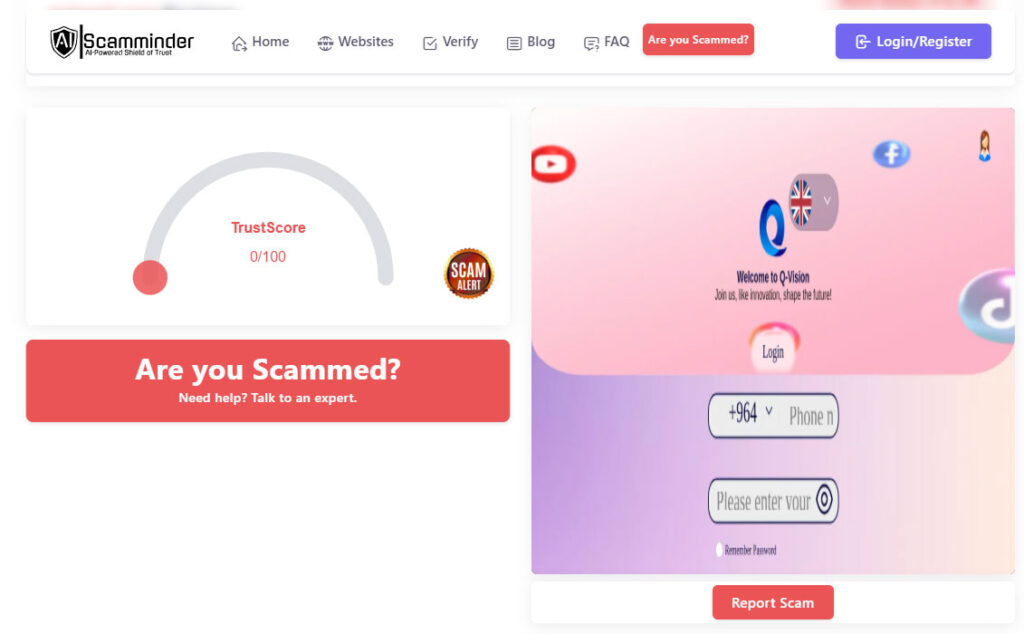
7. High Prevalence in Iran
According to Google Trends data, Q-Vision is particularly active in Iran, with the highest number of victims reported in Tehran and Golestan provinces. This regional concentration underscores the importance of raising awareness in these areas to prevent further financial losses.
Red Flags Summarized
Q-Vision exhibits multiple warning signs of being a Ponzi or pyramid scheme:
- Unrealistic promises of earning significant income with minimal effort.
- A pyramid-like structure dependent on recruitment for payouts.
- Lack of transparency in ownership and operations.
- Exploitation of UK registration to falsely project legitimacy.
- Marketing strategies, including charity events, used to build trust.
- High scam score confirmed by ScamMinder’s analysis.
Conclusion
Q-Vision’s operations raise serious concerns, from its pyramid-like structure to its lack of transparency and reliance on misleading marketing strategies. ScamMinder’s high scam score for the associated domain further validates these concerns. Moreover, the significant impact in Tehran and Golestan highlights the need for vigilance, particularly in these regions.
Recommendation: Avoid any engagement with Q-Vision or its affiliates. Use tools like ScamMinder to verify the legitimacy of websites and educate others about the risks of Ponzi and pyramid schemes. Protect your investments and stay informed to avoid falling victim to such fraudulent operations.
